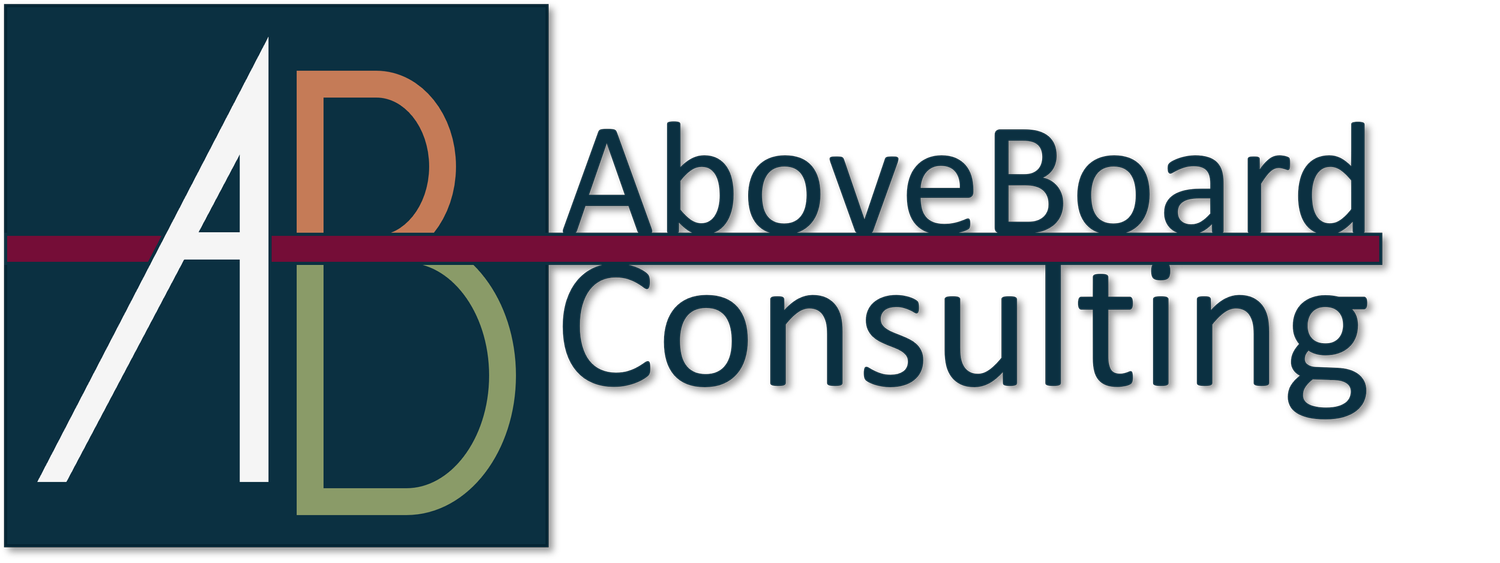
The Deductibility of Expenses:
AboveBoard explains RMC No. 81-2025.
For every business owner understanding which expenses you can legally deduct is fundamental to tax compliance. It's a complex area, and one where the Bureau of Internal Revenue (BIR) often finds discrepancies during tax audits.
This is why Revenue Memorandum Circular (RMC) No. 81-2025, issued on September 3, 2025, is a helpful read. While it doesn't introduce new rules, it serves as a timely and authoritative reminder of the long-standing criteria for deducting expenses, drawing a clearer line between legitimate business costs and non-deductible ones.
The Foundational Rule: "Ordinary and Necessary" Expenses
We always advise our clients that the foundation of a valid deduction is found in Section 34(A)(1)(a) of the National Internal Revenue Code (NIRC). RMC No. 81-2025 reiterates that all expenses must be "ordinary and necessary" and directly attributable to your business.
Let's break down what those two words truly mean in the eyes of the BIR:
Ordinary: Think of this as what's common, usual, or customary in your specific industry. An expense doesn't need to happen every day to be ordinary, but it should be something that other similar businesses would typically incur. For a restaurant, buying cooking oil is ordinary. For a law firm, it's not.
Necessary: This means the expense must be appropriate and helpful for the development or pursuit of your business. It should have a clear purpose: to help you generate income or prevent a loss. For example, paying for an annual subscription to business software is a necessary expense if that software is vital to your operations.
The Big Picture: An expense must also be directly connected to your business and reasonable in amount. The BIR can and will disallow expenses if they are deemed excessive or extravagant for your industry.
The Crucial Distinction: Active vs. Passive Income
One of the most common mistakes taxpayers make is failing to properly segregate income and expenses. RMC No. 81-2025 places a strong emphasis on the distinction between active and passive income.
Active Income: This is the money you earn from your core business activities—selling goods, providing services, or your professional practice. Think of it as income you actively work to earn.
Passive Income: This is money you earn with minimal or no active involvement, such as interest from a bank deposit, dividends from stocks, or certain rental income. This type of income is often subject to a final withholding tax (FWT).
The RMC makes it explicitly clear: expenses related to generating passive income are generally not deductible from your gross active income. For example, you cannot deduct the cost of a business lunch from the interest income you earned from a bank deposit.
The Importance of Impeccable Documentation
We cannot overstate this: documentation is the evidence that makes your deduction valid. RMC No. 81-2025 serves as a stern reminder that the burden of proof rests on you, the taxpayer.
To substantiate your claims, you must have:
Official Receipts and Invoices: These are your primary evidence. With the Ease of Paying Taxes (EOPT) Act, the "Invoice" is now the key document for both sales of goods and services, and you must ensure your expense documents are properly labeled and filled out.
Adequate Records: For minor expenses, other clear records may be accepted, but they must still show the amount, purpose, and a direct link to the business.
Without proper documentation, even a legitimate business expense may be disallowed by the BIR during an audit.
Why the BIR Issued This Reminder
From a compliance perspective, RMCs like this are not new laws but targeted clarifications. They are typically issued when the BIR's audit findings show a recurring pattern of non-compliance. RMC No. 81-2025 is the BIR’s way of saying: "We've seen these mistakes too many times. Here are the rules again, and we expect you to follow them." It is a strong signal for all businesses to self-check their deduction practices now, before an audit letter arrives.
Conclusion:
RMC No. 81-2025 is your cue to review your tax strategy. By meticulously ensuring your expenses are truly "ordinary and necessary," directly linked to your active business income, and properly substantiated with evidence, you can accurately compute your tax liability, avoid common audit findings, and maintain a state of full tax compliance.
Need expert guidance on correctly claiming business expenses and navigating BIR regulations? Aboveboard provides transparent and straightforward tax compliance advice to businesses throughout the Philippines.
Contact us today for a free consultation to optimize your tax strategy and ensure peace of mind.
Disclaimer: This article provides general information and should not be considered legal or tax advice. Tax laws, regulations, and BIR procedures are complex and subject to change. Always consult with the official Bureau of Internal Revenue (BIR) website or a qualified tax professional for advice tailored to your specific situation.

